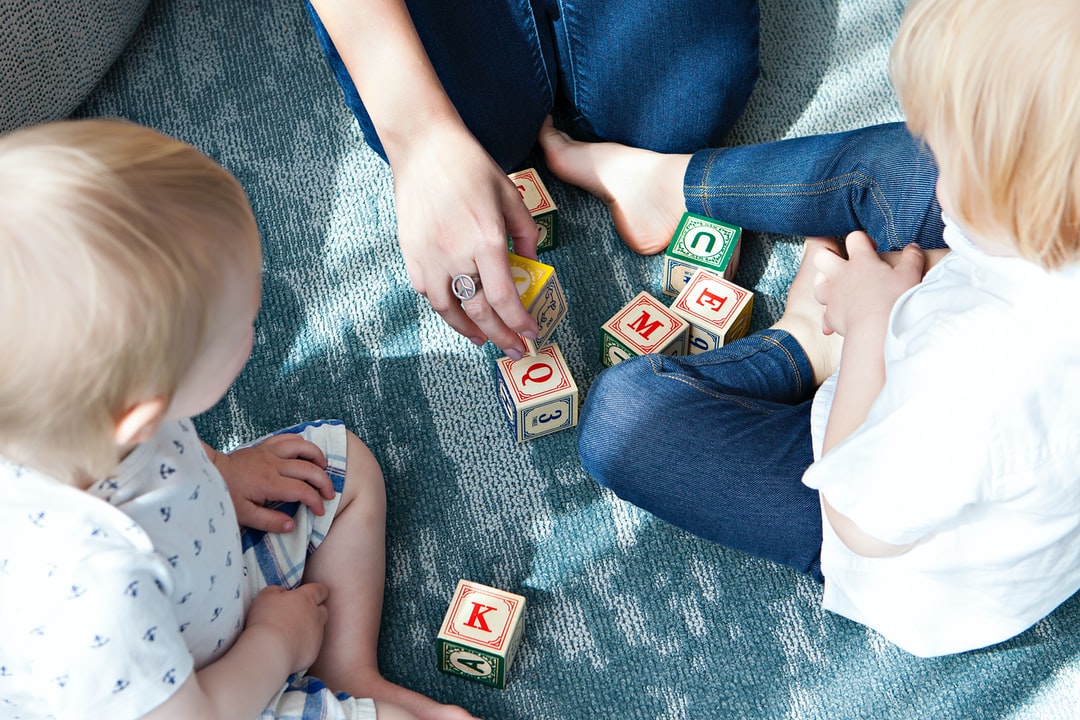 Do you have a shy child who’s struggling to make friends? Research suggests that children need strong social groups in order to thrive, so it’s your job to help them foster healthy friendships when they’re struggling.
Do you have a shy child who’s struggling to make friends? Research suggests that children need strong social groups in order to thrive, so it’s your job to help them foster healthy friendships when they’re struggling.
But how can you help your child make friends? You can’t force a friendship, but you can be a healthy influence. Read on to learn all about helping your child foster strong and healthy friendships.
1. Model Healthy Relationships at Home
This is one of the most important things that you can do to help your child learn all about the characteristics of healthy friendships and other interpersonal relationships. You have to provide a good model!
Children want to mimic their parents. If you’re going out of your way to show your child examples of good communication and healthy relationships, they’ll copy those examples.
Let’s say that you have a friend over for lunch. If your child is in the room, make a show of saying “please” and “thank you” at appropriate times. Consider creating a mock situation in which you display healthy friendship boundaries.
2. Provide Early Socialization Opportunities
This part is crucial. Children should start developing their social skills when they’re still toddlers. Make sure that you give them the opportunity to be around other children as early as possible.
You can enroll them in daycare for toddlers, summer camp, and neighborhood playgroups. Older children can also try extra-curricular activities at school or through your local community center.
3. Host Social Activities
When your child isn’t able to attend outside socialization opportunities, host your own. You can even join together with other parents in your neighborhood to plan events for local children.
You can host playdates, study groups, and small parties. This is also a great way to connect with the parents and maybe make some friends of your own.
Look into areas where you can have small gatherings for free, like parks.
Remember that you can’t force your child to be friends with the other neighborhood children, but this does give them an opportunity to meet new people and hopefully find new friends.
4. Teach Important Social Skills
Good social skills are the base of any healthy friendship. Remember that your child can’t develop these social skills alone. While they’re making friends at school or daycare, make an effort to teach social skills at home as well.
Teach your child all about sharing, handling conflict, and basic politeness. Talk to them about what they should do if they need to apologize to someone. If your child displays negative or disruptive behavior, work with them to fix those habits.
5. Listen to Your Child
If your child already has friends, make sure that you provide a safe and nurturing environment at home so your child feels comfortable coming to you with any problems. Not all friends are good friends, and it’s important that you can catch any red flags right away.
If your child is going through any type of relational distress, you want to be there to help.
Is Your Child Ready to Develop Healthy Friendships?
Developing healthy friendships is part of every child’s journey, but they don’t have to figure it out all by themselves. Try these tips to help your child form and foster friendships that will last a lifetime.
For more helpful articles about parenting and more, visit the rest of our site.
Leave a Reply